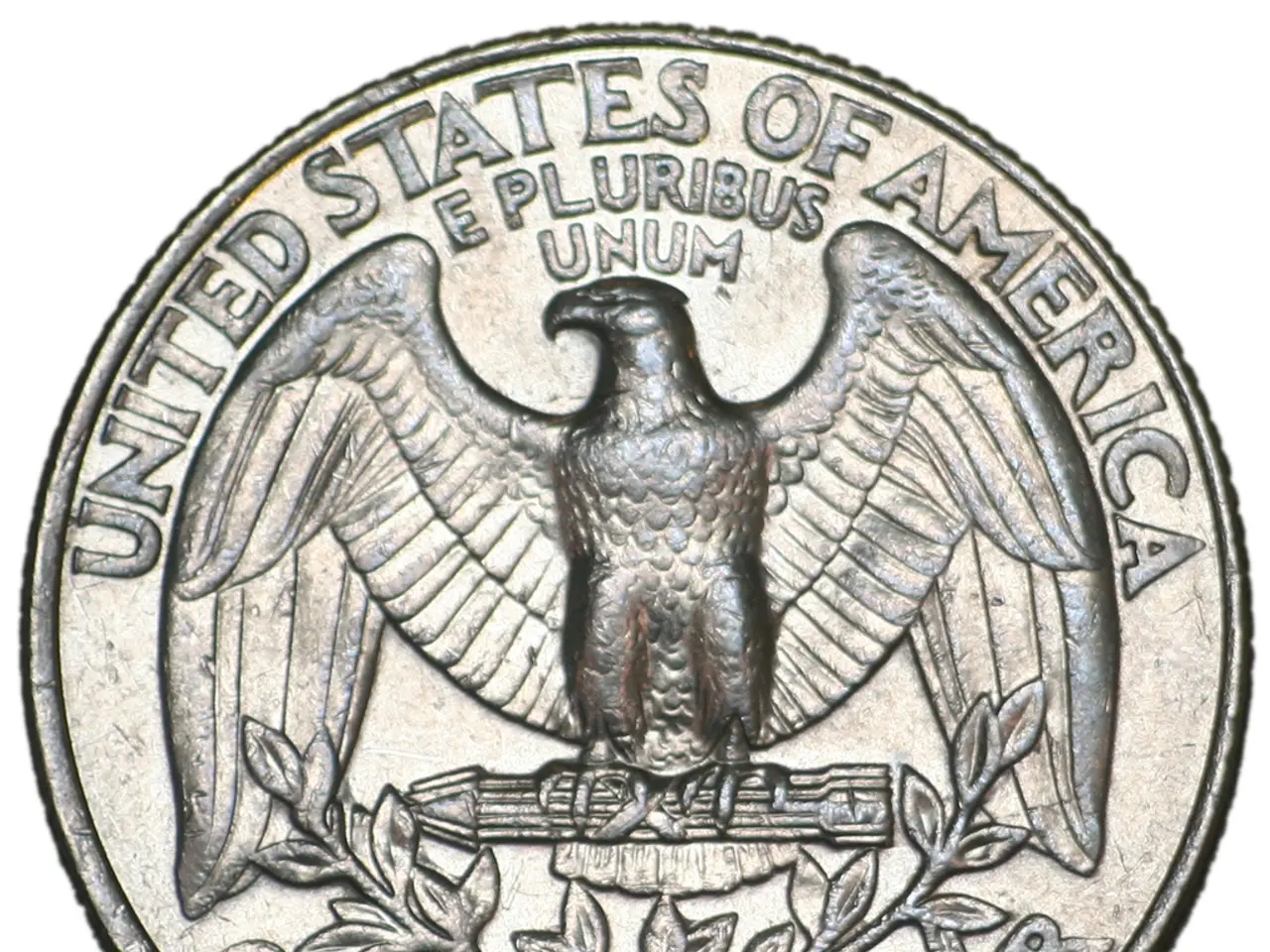Tesla Held Responsible for Fatal Accident by Miami Jury - Receives $329 Million in Compensation Penalties
Tesla Faces Hefty Penalty in First Federal Autopilot Trial
In a landmark case, a federal jury in Miami has ordered Tesla to pay $200 million in punitive damages and an additional $43 million in compensatory damages to the estate of a man killed in a 2019 crash involving the automaker's Autopilot system [1][2]. This is the first federal jury trial stemming from a fatal accident involving Tesla's Autopilot system.
On April 25, 2019, George McGee, a resident of Key Largo, Florida, was driving his 2019 Tesla Model S on a secondary road near his home. While searching for his phone, the car came to a T intersection and sailed through it without slowing down, crashing into a Chevy Tahoe. The impact forced the Tahoe into two people standing nearby, killing one and severely injuring the other.
The jury concluded that the Tesla Autopilot system is something less than what the name and marketing imply. They found the driver, George McGee, 2/3 responsible for the collision and Tesla 1/3 responsible. The jury's verdict could embolden others involved in instances of cars on Autopilot behaving badly to pursue their claims in court. Tesla has announced its intention to appeal the verdict.
The punitive damages awarded in this case reflect the jury’s conclusion that Tesla’s promotion or design of Autopilot exhibited conduct sufficiently egregious to warrant punishment and deterrence. This case sets a precedent signaling that manufacturers could face severe penalties if autonomous systems cause harm due to design flaws, negligence, or misleading claims.
This case could influence decisions involving semi-autonomous driving systems from Tesla and other manufacturers both in the US and in other countries. At least five more cases involving Tesla's Autopilot system are pending. The impact this case will have on the future of Advanced Driver Assistance Systems (ADAS) technology is ultimately why this case is important.
Notably, the plaintiff, George McGee, has already settled with the plaintiff in this case. McGee had activated the Autopilot system in his car and set it to go 45 mph, the speed limit on that road. Later, he pressed the accelerator and increased the speed of the car to 62 mph. The road ended at a T intersection with Card Sound Road. At that intersection were a stop sign, a red flashing blinker, four large red reflectors mounted on metal poles, and a yellow sign with a large double-ended black arrow pointing to the left and the right.
The estate of the deceased sued Tesla, claiming the Autopilot system should have detected the T intersection and slowed the car or brought it to a halt. Tesla has won at least one similar case that was filed in a state court in California and settled several others.
In sum, punitive damages in Tesla Autopilot lawsuits act as a deterrent and a tool to enforce higher safety standards and corporate accountability in the advancing field of autonomous driving technology. Manufacturers may need to take extra care to ensure their autonomous systems are safe, transparent, and reliable to avoid costly litigation.
[1] https://www.reuters.com/business/autos-transportation/tesla-ordered-pay-200-million-punitive-damages-fatal-crash-2021-08-19/ [2] https://www.cnbc.com/2021/08/19/tesla-ordered-to-pay-200-million-in-punitive-damages-in-fatal-crash-case.html
- The jury's verdict in the first federal trial of a fatal Tesla Autopilot accident could inspire other victims of similar incidents to pursue legal action in court.
- The hefty punitive damages awarded to the estate of a man killed in a 2019 Tesla Autopilot crash may serve as a deterrent for companies, driving them to prioritize safety, transparency, and reliability in their autonomous driving technology.
- The case advisably sets a precedent for potential penalties manufacturers could face if their autonomous systems cause harm due to design flaws, negligence, or misleading claims in the industry.
- The general-news of the $200 million penalty imposed on Tesla for the Autopilot-related accident might spark discussions about Advance Driver Assistance Systems (ADAS) technology and its future in the transportation sector, including podcasts and technology-focused newsletters.
- During the trial, it was uncovered that the Autopilot system did not appropriately respond to the T intersection where the fatal accident occurred, leading to questions about the system's accuracy in various automotive and transportation settings.




